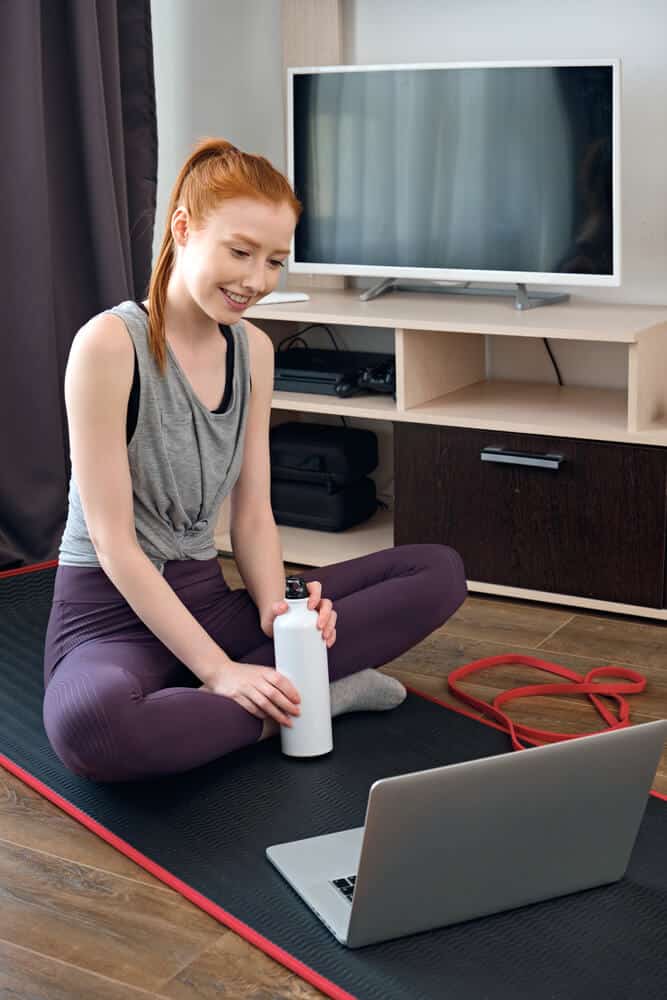Moving out of home is one of the biggest life changes you’ll ever experience. It’s stressful, exciting and can be overwhelming at times.

We’ve all heard horror stories about first time renters making mistakes that cost them dearly. Whether it’s not having a good understanding of your rights as a tenant or falling prey to scam rental advertisers looking to make a quick buck, there are plenty of pitfalls waiting for you!
That’s where our tips come in handy. Moving out involves a lot of organisation, especially for first-time renters. We will walk you through everything from finding the right place to live, how to manage finances and what to watch out for when signing a contract.
Location
Location, location. Where you want to live, work, or study has a big impact on your location preferences for the rental search process.
When thinking about where to live, don’t just focus on the things you need in an apartment or house; think about what’s around too and how that may impact your commute time. Is there public transportation or cycle routes nearby? How far away are the supermarkets and services? What kind of gym options do locals have at their disposal? These are important questions since they can totally change how much fun living there would be day after day!
Rent Cost
You may already have an idea of how much you would like to spend on rent. There is a general rule of thumb to spend 30% of your annual income on rent. That said, it’s not entirely applicable to everyone. For example, someone who earns €100,000 may not want to spend €30,000 on their rent. Similarly, if you are on a lower salary it might not be feasible to put 30% of that towards rent.
Analyse your financial situation for starters, and ask yourself what you can afford. It also doesn’t hurt to compare rent prices with your friends. See what they put towards rent and use that as a guide!
Budgeting
When preparing to rent for the first time, it’s important to embrace the concept of budgeting ASAP. It’s unavoidable, but in the long run it’s the best thing we can do to feel financially secure! Setting up a budget is essential for any tenant. Make a list of monthly expenses/regular bills and set aside a personal allowance.
This may be the first time that you’re paying the bills yourself, so it’s important to know what they will cost ahead of time to save yourself any worry. Using a rent/ budget calculator is a great way to start figuring out your expenses.
Gas, Electricity and Bin Collection
Gas/electricity should come as no surprise since these things exist in every home. Depending on the setup, you may need to register the bin collection unless the landlord has done it for you.
If you have no idea what the bills are going to be like, try getting an estimate on sites like Bonkers.ie which compares different suppliers’ rates. These utilities are then shared between all housemates in the house, sometimes monthly or every other month. You can also ask your friends/family what they usually
Broadband
Other necessities may include broadband internet service, especially if you’re now working from home! Sometimes broadband may require installation at an additional fee depending on the supplier and/or location restrictions. When choosing how much broadband you’ll need, take into account how many people will be using it.
Some areas cannot support every provider, which may affect your budget plan. Talk this over with your landlord if possible – they might already know about some hidden costs or previous issues!
Reading the Contract
You may be racing to put your name on the dotted line, but it’s essential that you read through your contract carefully before signing anything. One thing to keep an eye out for is what type of tenancy agreement you are committing to. It will normally be a fixed-term tenancy or a periodic tenancy.
Fixed-term, as the name suggests, refers to a fixed period usually about 6-12 months minimum. A periodic tenancy does not have a fixed length of time. There is lots of information about these agreements which can be read about in detail here.

RTB
In Ireland, all private residential properties must be registered with the RTB. The Residential Tenancies Board provides a dispute resolution service to protect both landlords and tenants. They provide “high-quality information and assistance to the public, tenants and landlords on their rights and responsibilities“. It’s advised that first-time renters check that their property has been registered so that your rights are protected.
Pet Policies
Depending on the property, it may or may not be permitted to bring pets on site. If you don’t come across any explicit pet policies, just ask the landlord what their feelings are about it!
Applying Without a Rental History
Don’t let a lack of a rental history hold you back. Everyone has to start out somewhere! First-time renters can still include character references as part of their application. This helps to establish how reliable you are, and how you will treat another person’s property!
Find references from people willing to vouch for you such as previous employers, colleagues, even school principals! The idea is to find someone who knows you well and will speak highly of you.
HomeHak Services for first-time renters
Moving out for first-time renters is an exciting adventure, and soon you’ll be obsessing over how to decorate and fill it to make it your own. With a bit of self-determination and positive action you will absolutely find something you love! To do this you just need to express to the landlord that you would be the perfect tenant, i.e., someone reliable, responsible, and punctual.
Homehak, a tool for tenants and landlords alike, is a great way to express these traits. With Homehak’s help you can create a Tenant CV that contains all the information a landlord would ever need from you, so they don’t have to search around themselves or get short on time. This makes life easier not only for landlords but also applicants who are trying their best to impress them!






